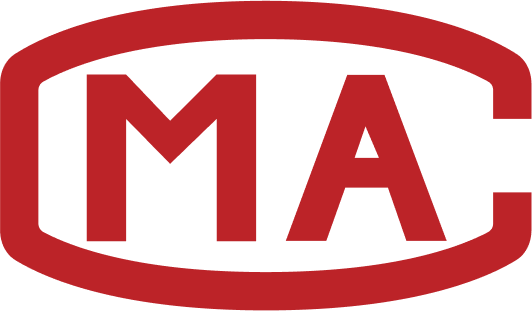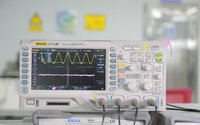Common failure forms and causes of mechanical parts
Date:2022-03-10 13:58:08Views:1901
When mechanical parts lose their working capacity or fail to meet the design requirements for some reasons, it is called failure. The failure of mechanical parts does not simply mean damage, which can be summarized into three situations: completely unable to work; Although it can work, its performance is poor and exceeds the specified index; Serious injury and loss of ability to work safely.
Common failure forms of mechanical parts
1. Under the action of external load, the fracture failure will be caused when the stress on a dangerous section exceeds the strength limit of the part. Under the action of variable stress, parts working for a long time are prone to fatigue fracture. Due to overload, over temperature, corrosion, fatigue, hydrogen embrittlement, creep and other reasons, it can also cause fracture failure of parts. The fracture failure of parts is the most harmful to mechanical products.
2. Excessive residual deformation occurs after the part is subjected to load. Excessive elastic deformation will reduce the mechanical accuracy of the part, cause greater vibration and cause the failure of the part; When the stress acting on the part exceeds the yield limit of the material, the part will produce plastic deformation and even fracture. Under the long-term action of high temperature and load, the parts will undergo creep deformation, resulting in deformation and failure of the parts.
3. Surface damage failure parts in long-term work, due to wear, corrosion, abrasion, contact fatigue and other reasons, the size change of parts exceeds the allowable value and become invalid, or the surface damage of parts becomes invalid due to corrosion, scouring, cavitation and so on. For example, the gear surface fails due to pitting and peeling due to contact fatigue.
4. Material change failure: the material change of parts caused by metallurgical elements, chemical action, radiation effect, high temperature and long-time action will reduce the material performance and cause failure.
5. Failure caused by destroying normal working conditions. Some parts can work normally only under certain conditions, such as belt drive. They can work normally only when the transmitted effective circumferential force is less than the critical friction force; The sliding bearing with liquid friction can work normally only when there is a complete lubricating oil film. If these conditions are broken, failure will occur.
_20220310135701_110.jpg)
Causes of failure of mechanical parts
There are many and complex factors causing the failure of mechanical parts, including structural design, material selection, material processing and manufacturing, product assembly, use and maintenance and so on.
(1) Unreasonable design:It mainly refers to the incorrect or unreasonable structure and shape of parts, such as notches, small arc corners, transition zones of different shapes, etc. On the other hand, it refers to the insufficient estimation of the working conditions and overload of the parts, resulting in the insufficient actual working capacity of the parts, resulting in the early failure of the parts.
(2) Unreasonable material selection:In the design, the failure form of parts is judged incorrectly, and the selected material properties can not meet the needs of working conditions; The performance index based on material selection can not reflect the resistance of the material to the actual failure form, and the wrong material is selected; The quality of the selected materials is too poor, and the composition or performance is unqualified, resulting in failure to meet the design requirements. All these belong to unreasonable material selection.
(3) Unreasonable processing technology:Improper processing technology of parts may produce various defects, resulting in early failure of parts in the process of use. Such as overheating, overburning and banded structure during hot processing; Decarburization, deformation and cracking during heat treatment; Deep knife marks and grinding cracks appear during cold machining.
(4) Improper installation and use:If the assembly and installation process does not meet the technical requirements, such as too tight and loose coordination during installation, inaccurate alignment, unstable fixation, etc., the parts may not work normally or fail prematurely; In addition, illegal operation, overload, overspeed, untimely repair and maintenance during use will also cause premature failure of parts.
In conclusion, although there are many possible failure forms of mechanical parts. But to sum up, the main reason is due to the influence of strength, stiffness, wear resistance and temperature on working capacity and the problems of vibration stability and reliability.




 Weixin Service
Weixin Service

 DouYin
DouYin
 KuaiShou
KuaiShou




















